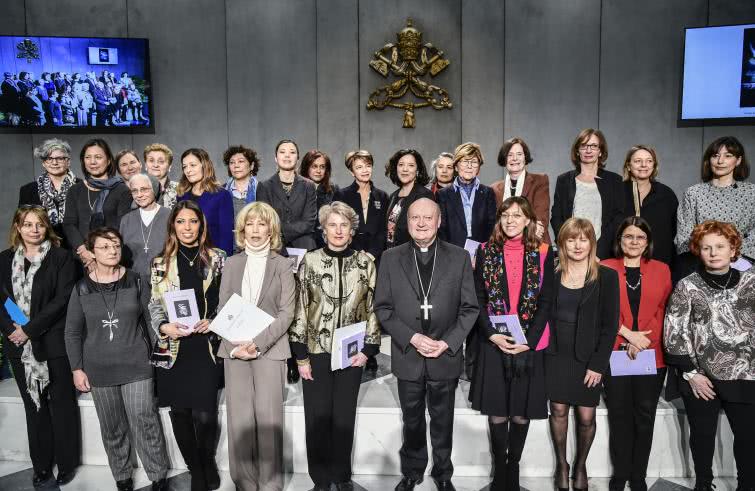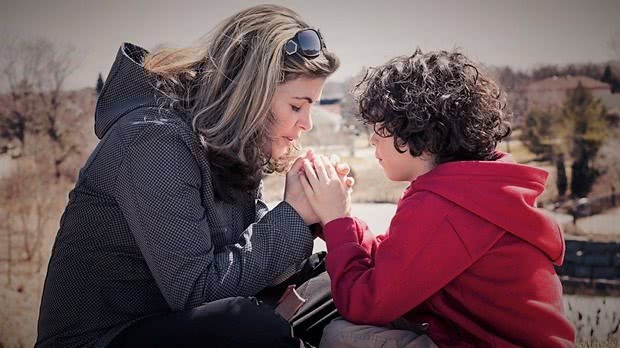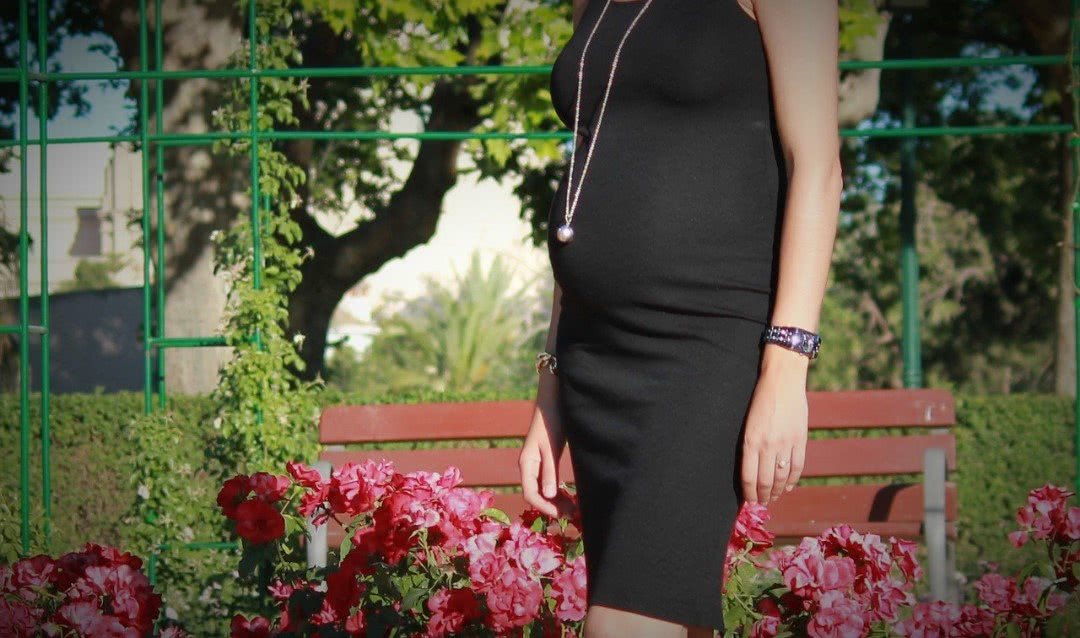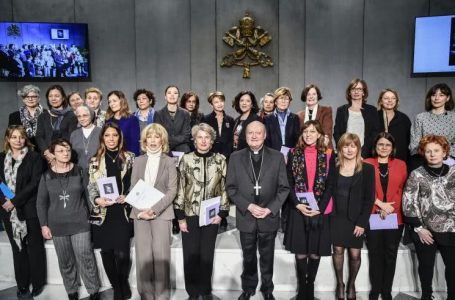Women in the Church, and the Catholic Church in Malta

What do feminists really want to say? Dr Pauline Dimech, lecturer at the University of Malta and member of the Society of Christian Doctrine, MUSEUM, discusses women in the Church and feminist issues in both the universal Church and the Church in Malta. She says that at University level, the Church in Malta is investing its resources “only in male clergy.”
Feminist issues in the Catholic Church
The Second Vatican Council stressed that we are all members of one people and that the dignity of each person is to be fostered. In involving women in the Church, and in stressing co-responsibility, this Council made some attempts to bridge the chasm between clergy and laity (men and women). And some changes have taken place. For one thing, while in Church I no longer have to cover my head with a veil, I can sit wherever I want, and I can participate in a number of ways.

And yet, the process towards a deeper appreciation of women has been a slow one. If I were to invent a hierarchical list of recipients of respect, I would have to say that the lay woman would be right at the bottom. One often observes a lack of reflection on gender and its implications, a forgetfulness of the difference that gendered embodiment brings with it, a patriarchal mode of practice that, though unwritten, is often present in spaces frequented by men. It is the way things have been done, and things have been thought, for centuries. On the contrary, I would claim that the Church is a Church of the people. Consequently, it does not make sense to invest all its resources in a male clergy. This advantage over the laity does not reflect an ecclesiology of communion, but rather one of the Church as a hierarchy. At the same time, it gives the impression that the diocesan priest is a more dependable member of the Church, whereas the laity are unreliable, if not suspect. Let us take the resources managed by the Foundation for Theological Studies, for example. Here, resources are always used to support seminarians and diocesan priests. While I would be the first to insist that seminarians and priests should receive financial support for their formation, it is unjust to have a system whereby it is only the ordained who receive such support. It is even more offensive when individuals are earmarked beforehand for salaried positions within the academia, or within the local curia.
Very rarely, women in the Church are consulted on some issue or other, because of their legal, social or educational expertise. Female psychologists and doctors tend to find special favour. But, generally, women in the Church do not play decision-making roles. Although in the past decade or two, we have seen women acquire a status never before predicted, within the Church, the cases where women’s contribution is appreciated, where women are entrusted with executive positions, are very rare, though not completely absent. The language of pastoral ministry, and of pastoral care, is often reserved to the work which the priest carries out, and does not usually incorporate the work done by the expert laity at their place of work, even when this work is inspired by a Christian vision. It is evident that ‘the various forms of discrimination and marginalisation, to which women are subjected‘ (a phrase from the Church document The Christian Faithful, Par 49.) in the world at large, is also evident in the Church. In some dioceses, the Church may even be behind the rest of society and culture where the advancement of women in the Church is concerned.
For instance, we may have had a woman involved in the implementation of the Synod. But, considering that the most influential persons within the Diocese are the Parish Priests, having women in the Church in curial committees and secretariats is not necessarily cathartic. Regrettably, even today, authoritative ecclesial positions are associated with ordination, and, because women are not ordained, they are not expected to exert any authority. It is as if high-quality efficiency, management, and administration requires the grace of ordination. On the contrary, the general view is that, since women are not ordained, they lack leadership traits. This is immensely confusing theologically.

In 2015 the Pontifical Council for Culture formed a group of 37 female consultants from around the world to advise it on matters ranging from neuroscience to sports. Italian Cardinal Gianfranco Ravasi, President of the Pontifical Council for Culture, was acting on Pope Francis’s insistence on boosting the role of women in the Vatican. This Consultation Group is meant “to ensure that women’s voices and points of view don’t fall on deaf ears, but rather are appreciated and acknowledged. It would be commendable if each bishop and each parish priest were to take the Pope’s example. So far, I do not know of any equivalent consultation group on a diocesan level.
Should women be ordained priests?
The issue of the ordination of women is a very complex one. What Christ intended cannot so easily be ascertained. Unfortunately, the only light concerning what Christ intended is only shed by the Church itself, and the Church is a political institution, often served by a patriarchal system, which makes it difficult to establish what Christ truly intended. I should say that I am not happy with the so-called ‘theological’ reasons put forward for not ordaining women. I tend to think that Jesus’ choice of men was made for cultural reasons, not for theological ones. This means that the reason so far given by those involved is not theological, but cultural. I would not go so far as to say that the Church has misrepresented Christ. If I were to conclude that the decision for women’s ordination ought to be taken on pastoral grounds, I would still have to say that most cultures are unprepared for it. For instance, if it had to be introduced, I would think that Malta is not yet ready for it. Women in the priesthood would surely suffer. I have friends who minister as priests in Anglican, Lutheran or Reformed Churches, who complain that they are often left out of the decision-making process, and that they have to remind their male colleagues that their gendered point of view is not being taken seriously.

Even where we to agree that women are not called to the apostolate of the Twelve, and to the ministerial priesthood, many Catholic women could still hold leadership positions, even without ordination. By leadership positions, I do not necessary mean the papacy or the bishopric, although these could also be possible, I mean leadership positions within the various ministries. The role of mothers and of grandmothers as ministers of the faith cannot be ignored. Other women have more specific functional and ministerial roles: as catechists, as religious educators, as secretaries of parish councils, as ministers of the Eucharist, as judges and marriage tribunal officials, as canon lawyers, as directors of Catholic charities, as scripture scholars, or even as presidents of international theological societies and associations. Women have even been made Chancellors of dioceses, a position, (viewed as the bishop’s chief executive officer) which has until recently been a role reserved exclusively for male clerics. Women are now more visible in the life of the Church than they were a few decades ago. They are especially visible in countries where the vocations to the priesthood are in crisis. Are they visible in the local diocese? Well, women still form the major part of the choirs, the cleaning teams, as well as the diakonia and the liturgy commissions! But there is still a long way to go before women are accepted as equals.
When you say “Women enjoying the same respect and participation as men do , do you say this so that women can become powerful like men?
Not really. By stating that women should enjoy the same respect and participation in the Church as men do, I do not mean to say that women should become like men and express the same power as men. Women and men are different, simply because embodiment itself puts them in a different relationship with the world, with others, and with events. Because of this difference, men and women need not compete against each other.

In this light, the Church need not to be understood as a place where men or women seek to dominate over each other. The Church is not a business corporation within which everyone is competing for the more powerful and advantageous position. The kind of Church and of society which we are seeking to create is not one of power, domination, and control, but one of service. However, if the Church wishes women to serve, it must give them space to express their knowledge, skill, and gifts. Should we really wish to create a communion style Church, we have to work towards inclusion, and make space for everyone to function and to perform. Otherwise, we would not be able to transcend the hierarchic model of Church, where some are serving whereas others are being served.
Having the parish priest being served by the community is not a model of communion. The Parish priest should not be making the decisions on his own, and expect the people around him to execute his decisions. Neither is the Church a communion when the Parish priest sees himself as the ‘saviour’ of the community, while the community is always expected to be on the receiving end of his service. These are only models of a mal-functioning Church, and not models of communion at all.

How may the local Church become more woman-friendly?
Church institutions, whether it is the Parish, the diocese, the Catholic School must empower women to contribute to society and to the Church. We need to understand and respect the fact that a woman’s life goes through different phases, especially if she becomes a mother. If you take a woman who has had to reduce the level of her involvement in society, in order to contribute to the well-being of her children, this does not make her impassive. Ten years from now, one could contact her again. She would have acquired immense skills through her mothering experience that could easily be transferred to a job, or to pastoral work. Furthermore, it is not just women but also the members of the Magisterium, and of the curia, who need to help to bring about this change, that is, who can make the Church, both universal and local, more woman-friendly. For instance, the local bishops have recently been praised for their criteria for the Application of Chapter 8 of Amoris Laetitia. While congratulating them for their courage, I would still ask, why the discernment of couples needs to be done with a priest? This is a setback, when there have been so many efforts to advance lay women as credible spiritual directors. For the past years, the local Jesuits have been training lay people as spiritual directors, men and women who are capable and qualified to direct others. Those who are not comfortable approaching a priest may find that opening up to a lay person makes more sense to them. And women can be very competent in this regard.
Is having a women-friendly Church just giving roles to women?
Having a women-friendly Church is not just about giving roles to women, to keep them busy, so to speak. It is also a question of worldview, an attitude, a virtue, that underlies all decisions: liturgical and pastoral, as well as moral. Despite the example of Jesus’ treatment of women, the Church still has a problem with women. The fear of women is still visible, and the stereotypes of woman as the temptress and of woman as the paragon of vice still remain. Priests are particularly vulnerable. The focus, at the seminary , is primarily on the grace of ordination, which is a grace. of course. But seminarians should also be helped to realise that the baptism is also a sacrament, and that it is baptism that initiates everyone within the Church, irrespective of gender!

Having a women-friendly Church requires that we welcome women, in their fully-embodied existence. A women-friendly Church would not be afraid of a mother’s body. If a mother needs to breastfeed in Church, she should not feel uncomfortable doing so. If a mother of young children wishes to sit with the community, and not in the ‘crying room’, she should be able to do so without being frowned upon. If a pregnant woman comes to Church, she should be made to feel as comfortable as possible. There is no shame in having a pregnant woman read in Church, or participate in any other way. If a man within the community has problems with this, it should be his problem, not the woman’s. Modesty could become a buzz-word, but it should never replace charity.
Women’s participation in the Church demands a new model of Church, where men and women work together on Parish Councils, inside Church organizations, in the preparation for events, in the training of pastoral ministers, in the implementation of projects, in the planning of liturgical celebrations, and so on. This is a Church that puts the value of communion above all else. It is both a community of prayer and a community of practice that involves everyone who wishes to be involved, and that is hospitable towards all, and receptive of all.
What’s your advice to young women who are considering giving a service in the Church?
My advice to a young woman who is seriously considering getting involved in the Church, and serving the Church, would be, first of all, to learn to appreciate her gendered embodiment, to accept who she is: her shape, the changes which puberty brings with it, her beauty, her capacity for motherhood, her immense longing to love and be loved. I would tell a young woman that being a woman is never easy, that belonging to an institution which requires working with others is never easy, and that being a member of the Catholic Church, with its emphasis on the ministerial priesthood, is even harder. I would tell this young woman that she is an important member within the Church, and that she is graced by her participation in the priesthood of Christ. As the Catechism itself states, “all [our] works, prayers, and apostolic undertakings, family and married life, daily work, relaxation of mind and body . . . even the hardships of life if patiently born can bear fruit not just for our salvation, but for the salvation of the world. There is a lot that a woman can give to the world, and to the Church. The Church allows her, in certain circumstances, to “exercise the ministry of the word, . . . preside over liturgical prayers, . . . confer Baptism, and . . . distribute Holy Communion. But, I would tell a young woman that she is more important than these roles. The Church needs her, not just her work. It needs her to be who she is. It needs her to be a woman’s body, with a woman’s instincts, energy, and love.

Read more:
– Changes in the Catholic Church – In the Context of Malta
– Top Pope Francis Quotes on Women















2 Comments
interesting read, make you think and reflect. well done
Your contribution is a breath of fresh air because there is a palpable anger which is used to engage. This becomes powerful because it makes the point clearly, assertively and lovingly in the face of a skewed church, poisoned by a gendered hierarchy. The Church needs to give voice to women not just because it manifestly needs the extra pair of hands but because this is an integral part of the spirit which should guide it.